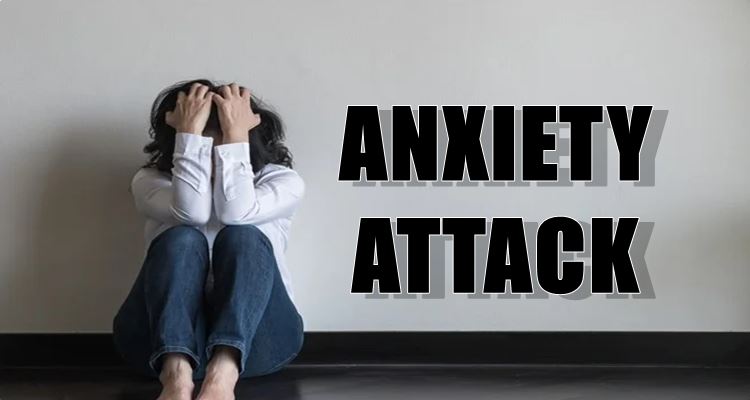SYMPTOMS OF ANXIETY ATTACK – Here are the common symptoms, physically and emotionally, of an anxiety attack and how to deal with them.
Having anxiety attacks may interfere with our emotional and physical productivity, and with that being said, it is not a good thing. Although the feeling of being anxious is just normal, it is not normal to stay in there, and here are some tips that might help once you’ve recognized the symptoms.
Anxiety Symptoms: Lists of Emotional & Physical Signs You Must Not Ignore
Guide on Anxiety Symptoms You Must Not Take for Granted
ANXIETY SYMPTOMS – Here are the lists of the emotional signs and physical signs that are pointing to the possibility of anxiety disorder.
Being healthy does not only mean the absence of diseases that can really be felt – like those that bear pain as one of the symptoms. It also includes the person’s state of mind and how a person reacts to certain things.
Mental health is an essential thing that must not be disregarded. A mentally unhealthy person is stress most of the time, cannot make sound decisions, and the state may further lead to other diseases.

One of the mental health problems that is common among many people is anxiety disorder. Actually, a person may have it even without knowing it.
Anxiety may be due to genetics or the environment. Studies show that it can run in families or it might also be a product of a trauma that developed because of a certain experience or incident.
The anxiety symptoms are categorized into two (2) – emotional and physical signs. The signs may vary from person to person but here are the common ones based on an article in Nami:
Emotional Symptoms:
- Feelings of apprehension or dread
- Feeling tense or jumpy
- Restlessness or irritability
- Anticipating the worst and being watchful for signs of danger
Physical Symptoms:
- Pounding or racing heart and shortness of breath
- Sweating, tremors and twitches
- Headaches, fatigue and insomnia
- Upset stomach, frequent urination or diarrhea
Once you are experiencing these anxiety symptoms, it is best to see a doctor for medical intervention. A doctor may recommend a therapy or medicine treatment depending on the diagnosis. Based on the article, there are also complementary health approaches such as the following:
- Self-management strategies like mastering control over your reaction to a situation.
- Yoga
- Exercise
Thank you for visiting Healthtips.ph. You may express your reactions or thoughts through the comment section below. You may also visit the link below for further information about health.
READ ALSO: Depression Symptoms – List of Signs You Must Watch Out For

